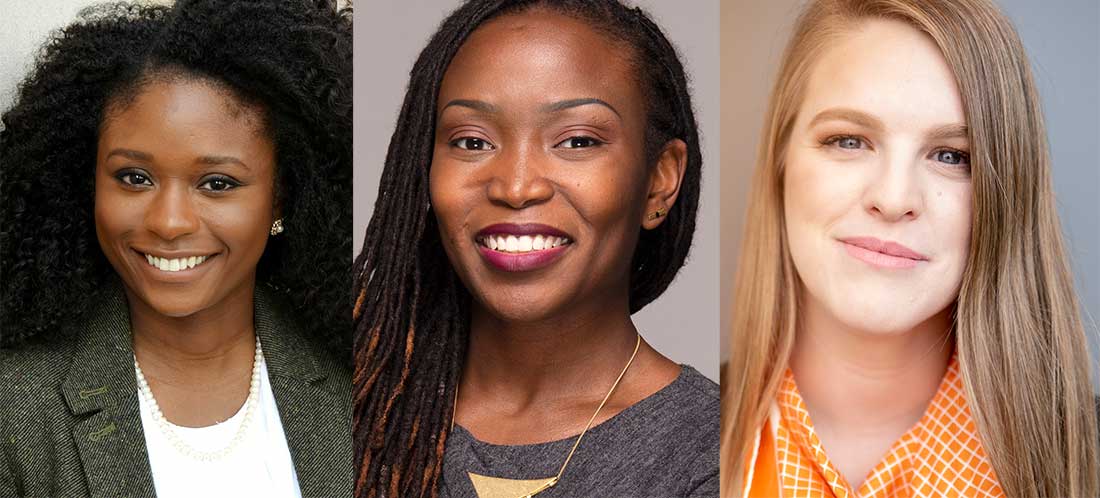Episode 32
The Lumina Podcast: COVID containment, student loan payments among 2022’s top issues
Jan. 19, 2022There’s a lot to contemplate about what’s next for higher education in 2022. I wonder, for example, whether we’re at a reckoning point where administrators recognize that the profile of the typical college student has changed and that schools’ existing policies, systems, and practices no longer serve their needs.
My co-host Katherine Wheatle is thinking about the increase in student activism we saw in 2021 and what academic free speech will look like going forward.
Washington Post higher education reporter Danielle Douglas-Gabriel is interested in what happens when (if?) federal student loan payments resume and Congress considers various options on how to alleviate the student debt crisis. And NPR higher education reporter Elissa Nadworny is struck by the idea that college campuses, with their high vaccination rates and relatively small COVID outbreaks, could become a model for how we learn to live with the virus.
Those are just some of the topics we talk about in Episode 32 of “Today’s Students/Tomorrow’s Talent,” the Lumina Foundation podcast that explores issues in higher education.
What becomes clear over these conversations is that so many issues in higher education now revolve around the effects of COVID, the best ways to make education affordable and accessible to as many people as possible, and how legislators’ actions and donors’ money will influence what’s taught (and not taught) on college campuses.
Douglas-Gabriel says she expects we’ll have some clarity when the Senate decides what to include as part of President Biden’s “Build Back Better” plan. She notes that the conversation up to this point “is much more robust about what an equitable system should look like.”
Ultimately, “we need high school students to fully imagine what is available to them and think about education as a continuum” and figure out “where the vulnerable students are and how to meet them there.”
We also need to address the impact COVID has had on enrollment at community colleges and regional colleges and universities, which are experiencing 5- to 10-percent declines.
“That means there are lots of vulnerable, low-income folks who are not quite back to the point where they can work and go to school,” she said.
NPR’s Nadworny, meanwhile, is interested in how colleges and universities are living with the pandemic. She said more than a thousand schools have mandated vaccines, which “have become social norms” on many campuses. As a result, their rates of contagion, illness, and hospitalization have been comparatively minimal. They may well “show the rest of America what it could be like to live with COVID.”
As we wrapped the conversation, Wheatle and I talked about a range of potential stories in 2022, including:
- The continuing fallout from the Varsity Blues admissions scandal;
- What we’ll do about the inequities in education and access to information revealed by COVID;
- What effects donors will have on curriculum and campus programming going forward;
As she says, “These are big days for higher ed, no doubt.”
No doubt. Thank you for listening, and here’s to a healthy 2022.


 iTunes
iTunes Spotify
Spotify Google Podcasts
Google Podcasts YouTube
YouTube